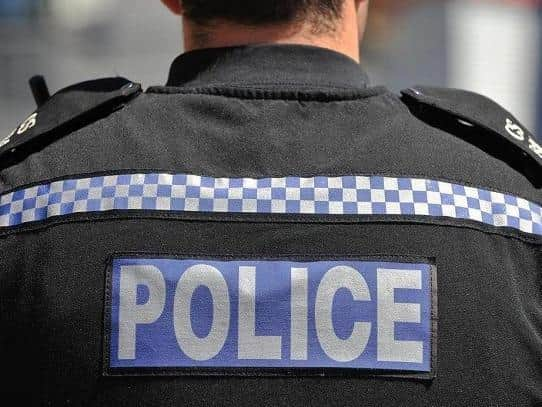More than 440 offences of child sex grooming on Facebook apps have been recorded by police force governing Milton Keynes
and live on Freeview channel 276
New figures obtained via freedom of information requests have revealed that in Thames Valley, there have been 441 recorded offences of sexual communication with a child since the law was introduced two and a half years ago, following an NSPCC campaign
Worryingly, 62 per cent of those offences took place on Facebook-owned apps - such as Facebook, Facebook Messenger, Instagram and WhatsApp.
Advertisement
Hide AdAdvertisement
Hide AdAnd the number of offences is accelerating - but the NSPCC is warning there could be a sharper increase this year due to the unique threats caused by coronavirus that are being exacerbated by years of industry failure to design basic child protection into platforms.


The charity is now calling on the Prime Minister to urgently press ahead with legislation that would help prevent offenders from using social media to target children for sexual abuse.
Emily* was 13 when she exchanged messages and photos with a man she believed to be 15 on Facebook and Snapchat. The man turned out to be 24 and sexually abused her.
Emily’s mum, Wendy*, said: “It’s important for social media to be regulated and for Facebook and Instagram to take more responsibility to keep the people who use their platform safe. All other businesses have a Duty of Care to keep children safe, so why not them?”
Advertisement
Hide AdAdvertisement
Hide AdIn February, then Digital Minister Matt Warman promised to publish an Online Harms Bill during the current parliamentary session following proposals set out in a White Paper. These proposals set out independent regulation of social networks with potential criminal sanctions if tech directors fail to keep children safe on their platforms.
However, frustration is growing at delays to the legislation with a full response to consultation on the White Paper not now expected until the end of the year and concerns we might not see a regulator until 2023. This has been expressed by the chairs of both the Home Affairs and Digital, Culture, Media and Sport committees, who scrutinise the work of the government departments responsible for online harms.
The NSPCC is calling on the Prime Minister to deliver an Online Harms Bill, that sets out a Duty of Care on tech firms to make their sites safer for children, within 18 months.
The charity wants his Government to publish a roadmap that sets out the timescales for a world-leading Bill to go through Parliament as a matter of urgency.
Advertisement
Hide AdAdvertisement
Hide AdNSPCC Chief Executive Peter Wanless spoke to Boris Johnson at a hidden harms round table last week and highlighted how coronavirus had created a perfect storm for abusers because platforms hadn’t done enough to tackle safety risks going into the crisis. He urged the Prime Minister to ensure there is no unnecessary delay to legislation.
Mr Wanless said: “Child abuse is an inconvenient truth for tech bosses who have failed to make their sites safe and enabled offenders to use them as a playground in which to groom our kids.”